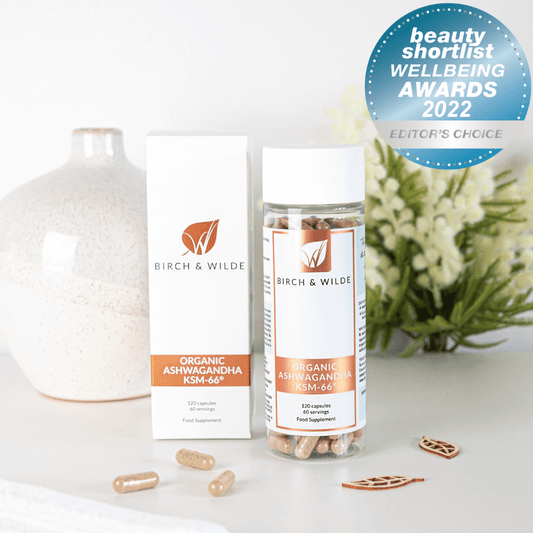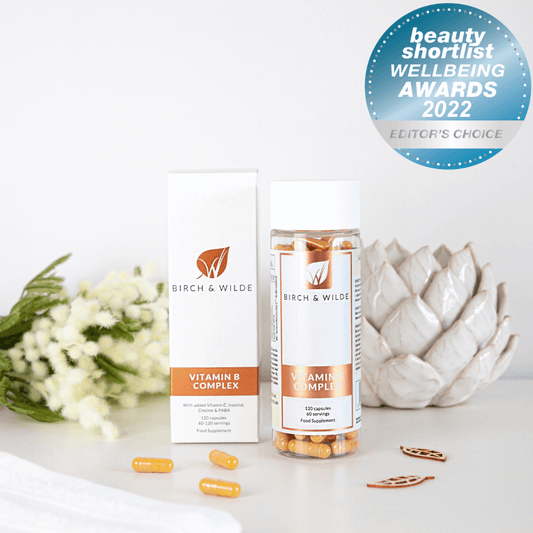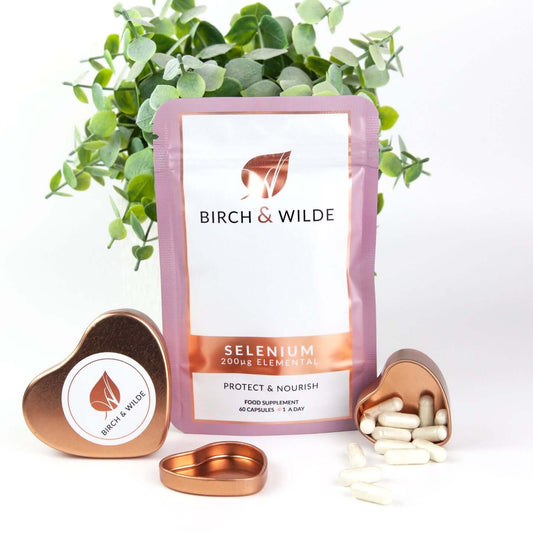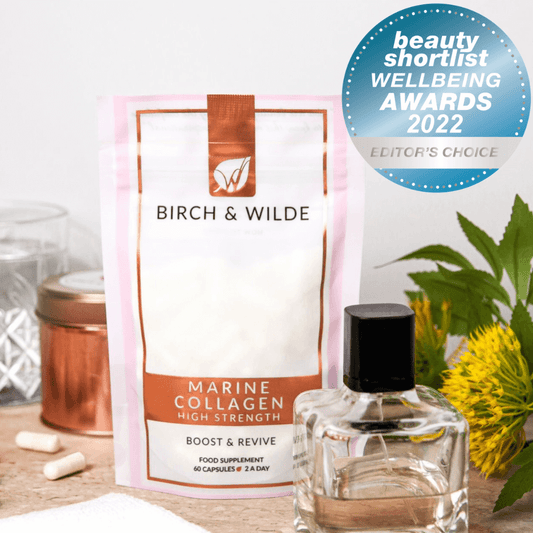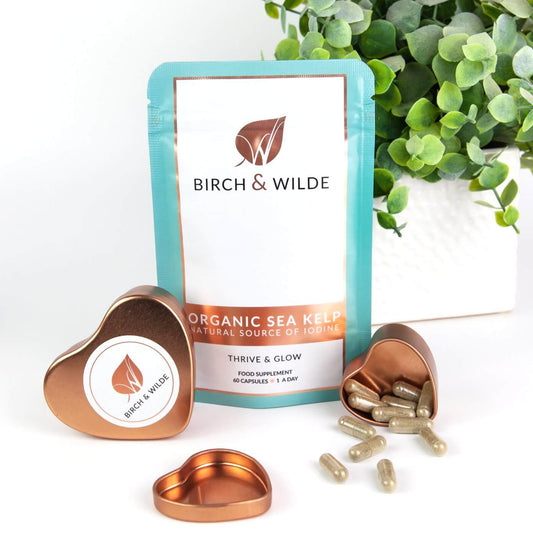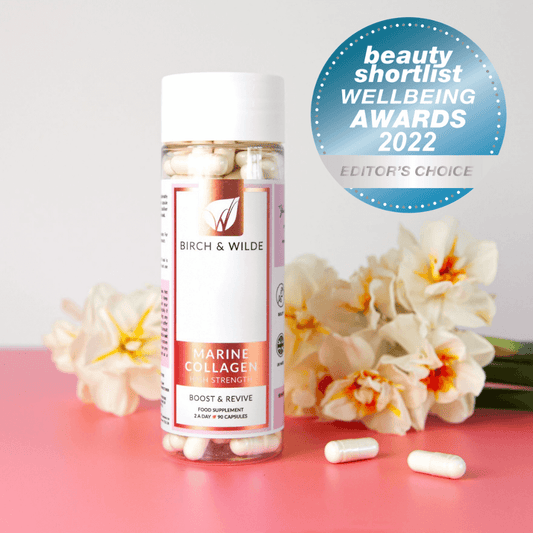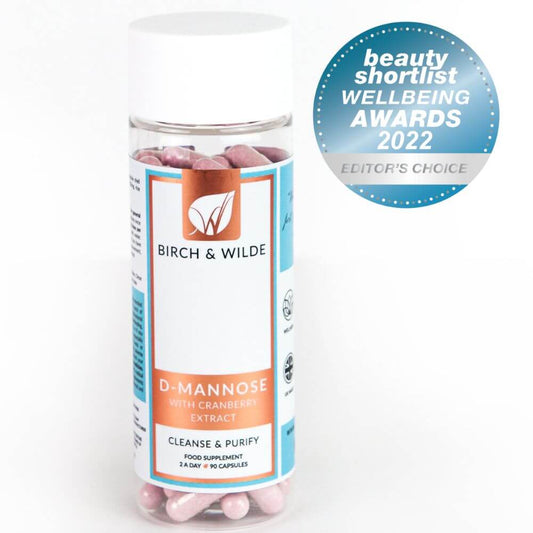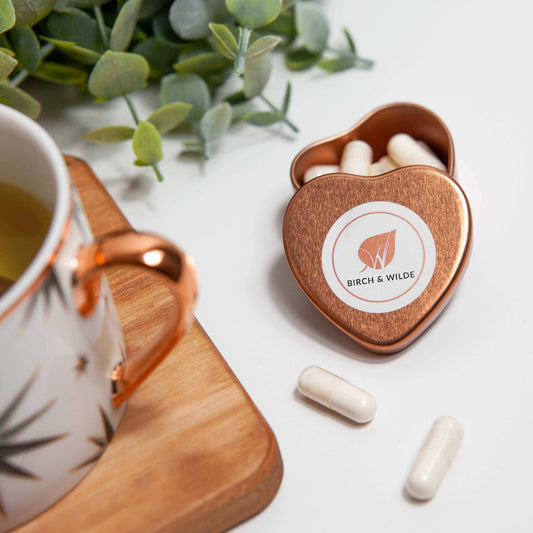What's in Your Sunscreen?
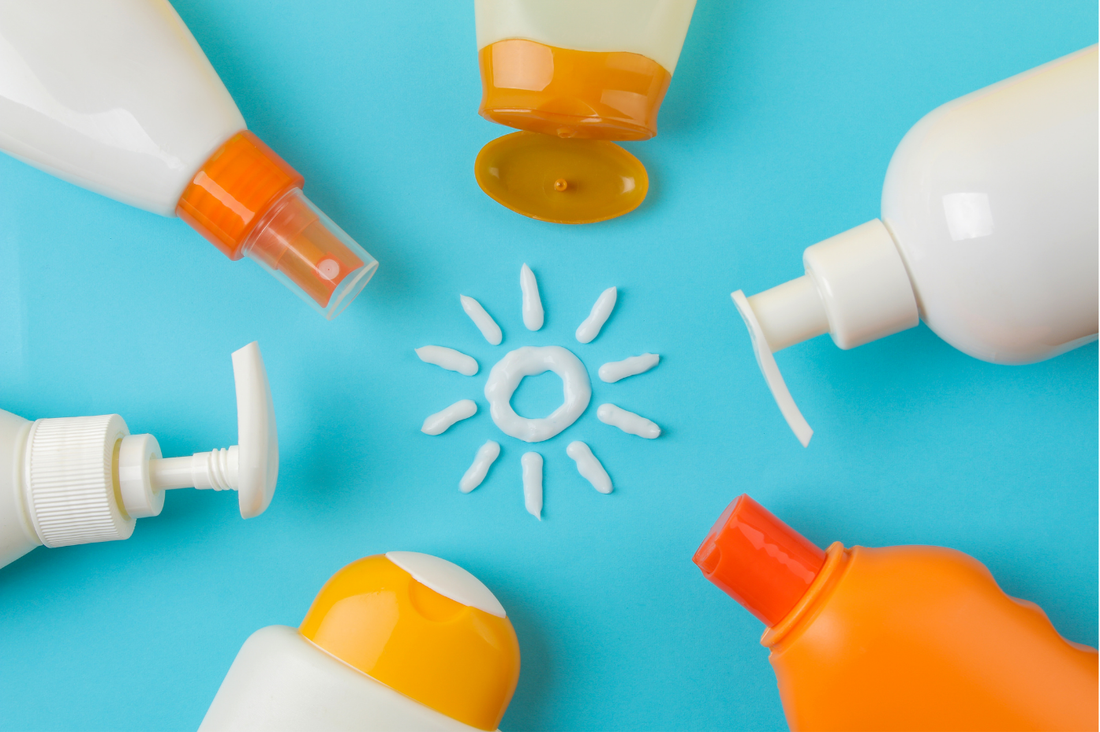
What's in Your Sunscreen? Sorting Fact from Fiction
Let’s face it; navigating sunscreen labels can feel like deciphering a chemistry exam. With so many long names and bold claims, it’s no wonder some of us are left wondering what exactly we’re putting on our skin. For women in our 30s, 40s, and beyond, who are focused on preserving skin health and making informed choices, understanding the ingredients in your sunscreen is just as important as remembering to apply it.
What About Oxybenzone?
Oxybenzone is one of the more controversial ingredients commonly found in chemical sunscreens. It’s been flagged in headlines as a potential hormone disruptor, sparking concern among consumers. But what does the science actually say? According to a study published in the Journal of the American Academy of Dermatology, research linking oxybenzone to hormonal effects largely comes from rat studies where the animals were actually fed the chemical—not applied topically as we do with sunscreen. To match the exposure levels seen in those studies, a human would have to slather on sunscreen daily for 277 years. So, while it’s wise to be aware, the evidence in humans remains inconclusive.
PFAS: The So-Called "Forever Chemicals"
Another group of ingredients raising eyebrows are PFAS compounds like polyfluoroalkyl phosphate esters (PAP) and polytetrafluoroethylene (PTFE). Known as "forever chemicals" due to their resistance to breaking down in the environment, PFAS have been found in everything from non-stick cookware to packaging—and yes, sometimes in sunscreen. However, research from the University of Colorado notes that the levels in sunscreens tend to be very low. Plus, PFAS are already present in our water, soil, and air, according to the Environmental Protection Agency (EPA). While it's smart to limit unnecessary exposure, avoiding sunscreen altogether might not be the answer.
But Our Ancestors Didn’t Wear Sunscreen…
It’s true; our ancient ancestors didn’t have bottles of SPF lying around. But it’s not that they discovered some magical way to avoid sun damage. The reality is that they typically didn’t live long enough for the cumulative effects of UV exposure to result in skin cancer. Skin ageing and skin cancer often manifest later in life, and with modern medicine extending lifespans, sun protection has become more relevant than ever.
Don’t Be Swayed by the Hype
In a world where skincare advice is often just a scroll away, it’s easy to be swept up by fear-driven headlines and influencer soundbites. But when it comes to sun protection, the science speaks volumes. Leading dermatologists and skin cancer experts overwhelmingly agree that the proven benefits of sunscreen, particularly its role in reducing the risk of melanoma, far outweigh any unproven concerns. That’s not to say we shouldn’t be mindful of ingredients, but it’s important to approach skincare with a balanced, informed perspective. Let evidence-based research guide your choices, not fear-fuelled misinformation.
So, What’s the Safest Kind of Sunscreen?
There are two main types of sunscreens: chemical and mineral. Each has its pros and cons, and the best option often comes down to personal preference and skin type.
• Chemical sunscreens absorb UV rays and usually have a lighter texture that layers well under makeup, making them ideal for the face.
• Mineral sunscreens, often made with zinc oxide or titanium dioxide, sit on the skin’s surface and deflect UV rays. They’re usually better for sensitive skin and children but may leave a white cast if not properly blended.
What matters most is not the type you choose but how consistently you use it, and whether it offers broad-spectrum protection with an SPF of at least 30.
Beauty from Within
While sunscreen protects your skin from the outside in, true radiance begins within. Supporting your skin health isn’t just about SPF; it’s also about nourishing your body with the right nutrients to keep it strong, supple and glowing. That’s where Birch & Wilde’s Marine Collagen comes in. Sustainably sourced and beautifully formulated, our collagen supports skin elasticity, hydration and repair, which is especially important as natural collagen production begins to decline in your 30s and beyond. It’s your daily dose of glow, working in harmony with your SPF to maintain that fresh, healthy, luminous complexion. Unlike many other formulas, our collagen peptides are hydrolysed for optimal absorption, ensuring your skin truly benefits. And because we believe in beauty that’s as clean as it is effective, our formula is free from artificial additives and thoughtfully crafted to be kind to both you and the planet. Glowing skin isn’t just about what you put on—it’s about what you put in. That’s what we mean by Beauty from Within.








